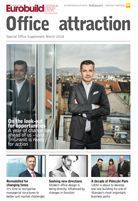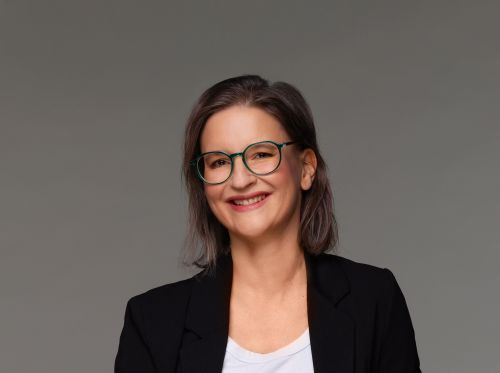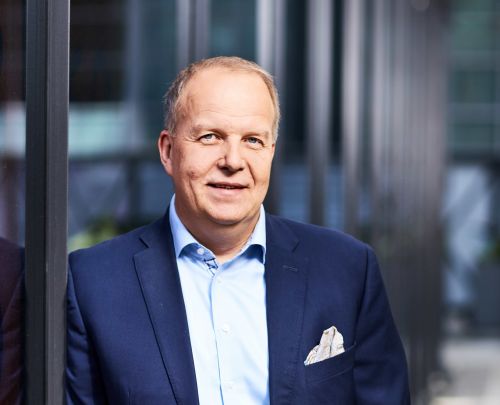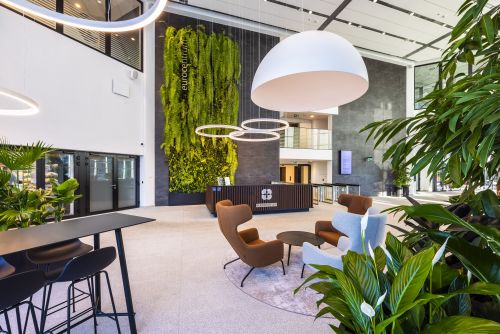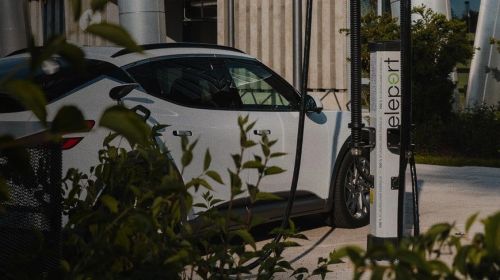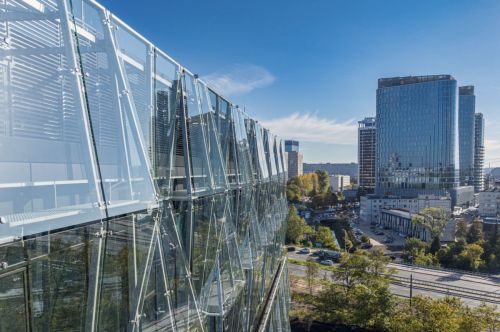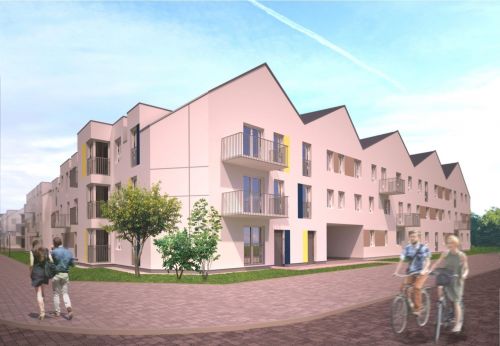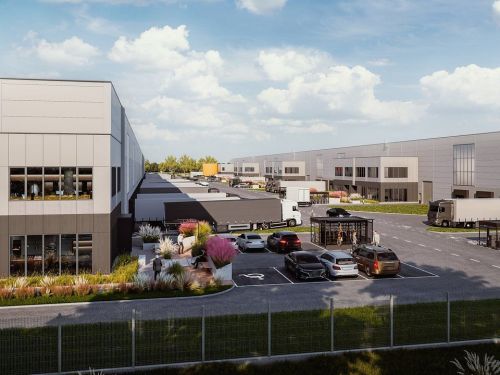Eurobuild Central & Eastern Europe’: What kind of worker expectations might impact the form of an office?
Oskar Kasiński, CEO, HR Design Group: According to a survey by Sodexo Benefits and Reward Services, the three types of fringe benefits most often expected by employees include an extended medical package, a company car for private use as well as flexible working times. In theory, they have nothing to do with an office’s location or the workplace but when you take a closer look, you see that medical centres have been in office buildings for years in order to be accessible to workers. A company car often includes a parking space in the company car park and flexible working times are something that seems completely natural to the younger generation of employees. This is also because we have finally learned to apply the principle of ‘work-life balance’ in practice; work is important but is often not the most crucial thing. The criteria based on which glo
























